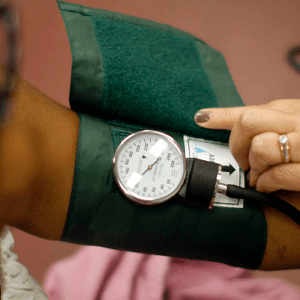A new study reveals that social segregation and wealth inequality not only deepen health disparities but also speed up the spread of infectious diseases. Researchers from the Complexity Science Hub Vienna analyzed data from 404 U.S. metropolitan areas and found that communities with higher levels of segregation experienced more intense and widespread outbreaks.
“As social segregation increases, it exacerbates not only the health inequality but also the overall prevalence of the disease,” said lead author Sina Sajjadi. Contrary to assumptions that limited interaction between groups might reduce transmission, the study found that segregation actually fuels a rapid spread, especially in tightly connected low-income neighborhoods where quarantining is often not feasible.
Fariba Karimi, co-author and professor at Graz University of Technology, explained that “when people can’t effectively quarantine—especially in communities where many are closely connected—the risk of infection goes up.” This dynamic leads to outbreaks that quickly spill beyond the initial communities.
The model also predicted a second wave of infections. As wealthier individuals resume normal activities too soon, believing the danger has passed, they inadvertently trigger renewed outbreaks. The study confirmed that low-income individuals, with fewer resources to isolate, face higher exposure and infection rates.
In a simulated “ideal” scenario where communities were fully integrated, infection rates were significantly lower. The researchers emphasized that reducing segregation and income inequality could protect all communities during public health crises.
“Segregation fuels faster spread of infectious diseases, study finds” (May 20, 2025)



